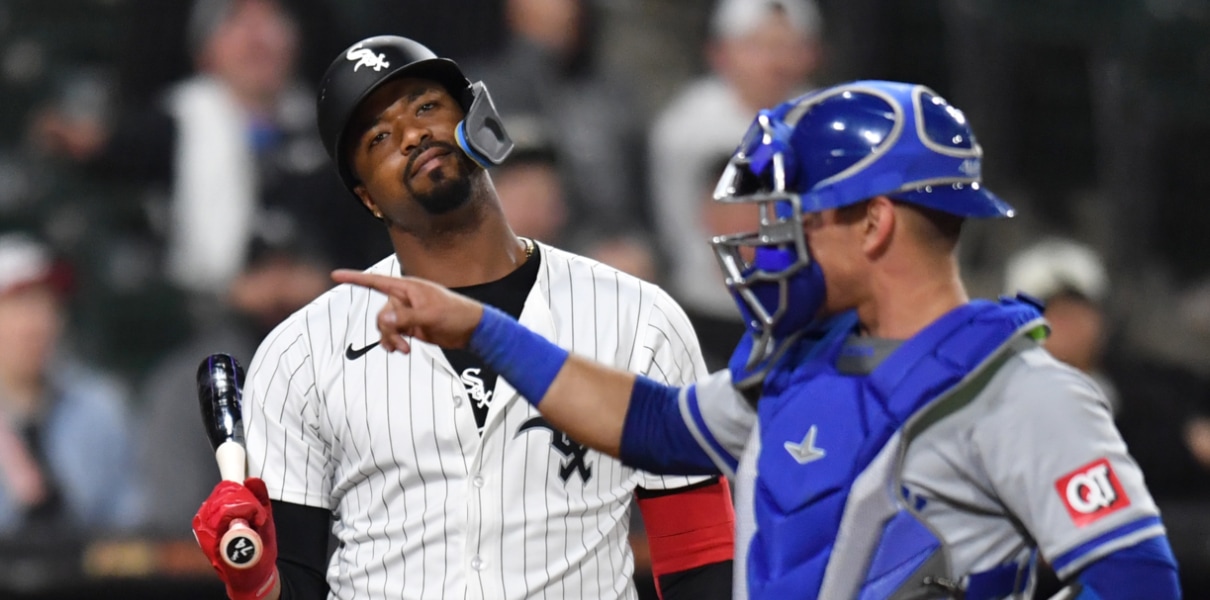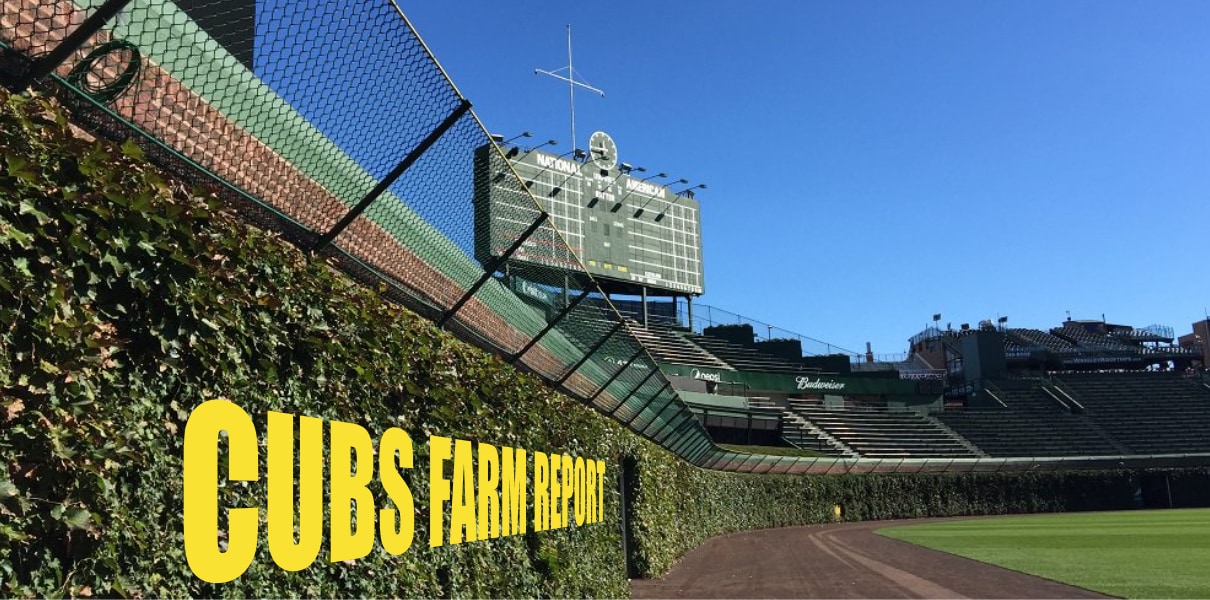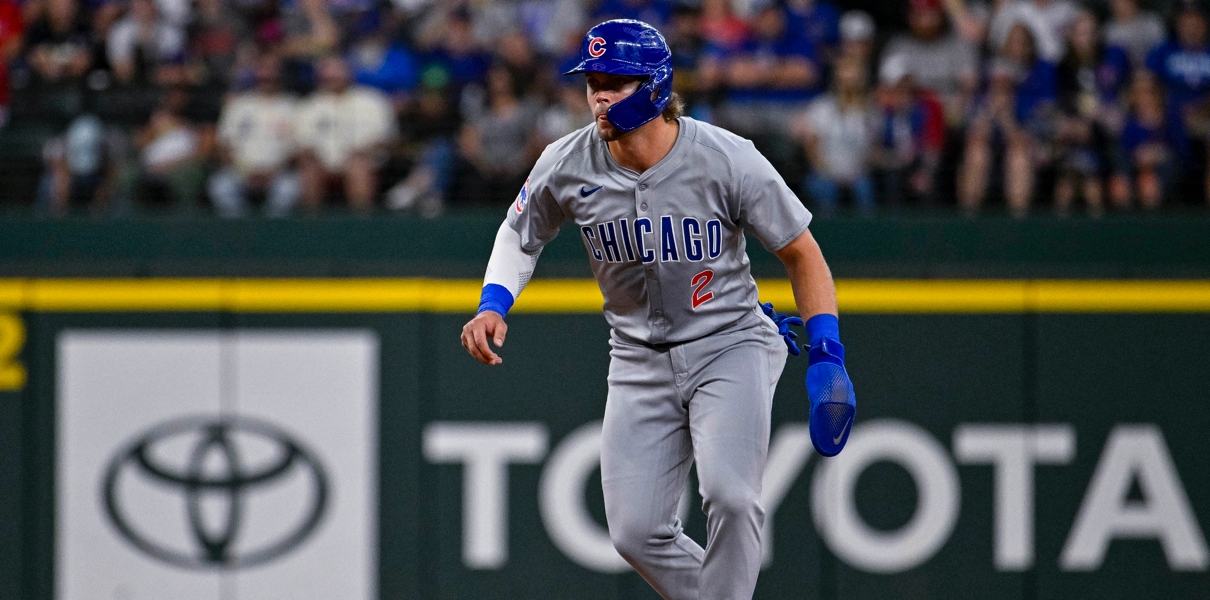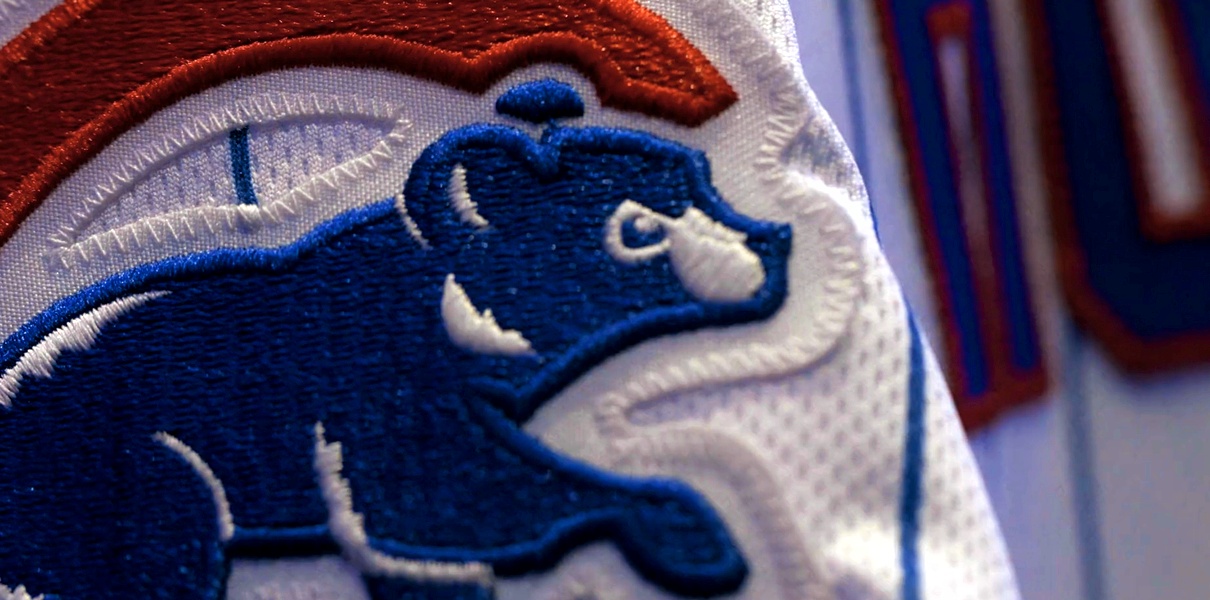It’s partly comforting that yesterday went exactly as expected. It wasn’t really a positive day – the owners made their first CBA offer in months, but it did not represent significant movement – but that was how we all thought it would go. And since we have expectations from here on how we think things will go, and that path costs only a handful of Spring Training games, well, then maybe if things keep going “as expected,” the final outcome won’t be so painful? It’s that same sense of finding optimism within my own well-founded pessimism that I’ve been playing around with since November.
Lots to touch on from yesterday’s offer, meeting, and what comes next. There are comprehensive write-ups here, here, here, here, and here, among other places. Some of the highlights and my thoughts …
⇒ Perhaps the most important thing to note is that the players are expected to respond to the owners’ offer (per the AP), though no specific date is set. That was kind of my bare minimum hope for the owners’ offer: that, even if “disappointing,” it would be enough that the players could actually counter. Maybe sometime next week? That seems to be the best guess, and tracks with my gut timeline. (Gut also says that, no matter what the players propose, the owners will rattle sabers and shut down negotiations for a period of time. That’s just kinda how this seems to go. Again and again.)
⇒ The other biggest item, I think, would be the lack of movement on the luxury tax. MLB stuck to its older offer of bumping the luxury tax level to just $214 million (from $210 million), and raising to just $220 million over the course of the CBA. Moreover, according to Evan Drellich, MLB is sticking to its request for harsher penalties for going over the tax (a 50% tax and the loss of a third round pick, “with penalties escalating from there”; presumably that means harsher penalties depending on how much you’re over the tax). The only “give” from the owners would seem to be the loss of penalties getting worse for teams that are over the tax multiple consecutive years. But if the penalties go up in that first year in their offer, then I’m not sure how much the recidivism thing matters. It feels like it makes the luxury tax feel all the more like a salary cap AND without meaningfully increasing it. Based on the information out there right now, this remains pretty terrible.
⇒ As expected, the owners aren’t touching free agency, and arbitration is mostly the same. The only change would be that, instead of having Super Two players qualify for arbitration, all players above at least two years of service time (but fewer than three) would qualify for some extra payment system (players might worry this would be the owners’ way of not actually increasing the total amount those 2+ players are getting, but instead just spreading out the former Super Two money across all players). I think anything that gets younger players paid earlier in their careers is a good thing given the way the game has changed, but I’d be dubious about that particular change.
⇒ MLB’s proposed draft change appears to be the same as they’d discussed before: a lottery for the bottom three teams only, and you’re ineligible for the lottery if you finish that low three straight years. They also offered to give extra draft picks to teams that have top prospects have huge success in their early seasons, but that seems like a really ham-fisted way to address service time considerations. From the ESPN description of that offer:
MLB proposed awarding a draft pick if a team places a Top 100 prospect on its opening day roster, then the player wins Rookie of the Year or finishes in the top three of MVP or Cy Young voting within his first three seasons, sources said. The offer included the possibility of a pick in an international draft, sources said, indicating that the league is continuing to push for a change in the signing of non-domestic amateurs. A team, sources said, could reap only one pick per player, meaning if he won Rookie of the Year and then MVP, the second award would not lead to another pick.
⇒ Other elements of the proposal we already know about or would suspect: modest increases for minimum-salary players, the Designated Hitter in both leagues, and an expanded playoff to include 14 teams instead of 10, no more draft pick penalties tied to free agents, no change in revenue sharing, and an international draft eventually.
⇒ Something I’ve been thinking about when it comes to the timeline: although the loss of regular season games would represent a financial pain point for both sides, the loss of Spring Training games would represent a financial pain point mostly for only the owners (although there are per diem and housing considerations for players, they are not paid their salary in Spring Training). So could that possibly be a reason why the players would slow-play this particular portion of the negotiations? I tend to think the loss of relatively small Spring Training revenue wouldn’t be enough to cause the owners to move meaningfully on a five-year, multi-billion dollar deal, but I thought I should at least mention the imbalance.




























